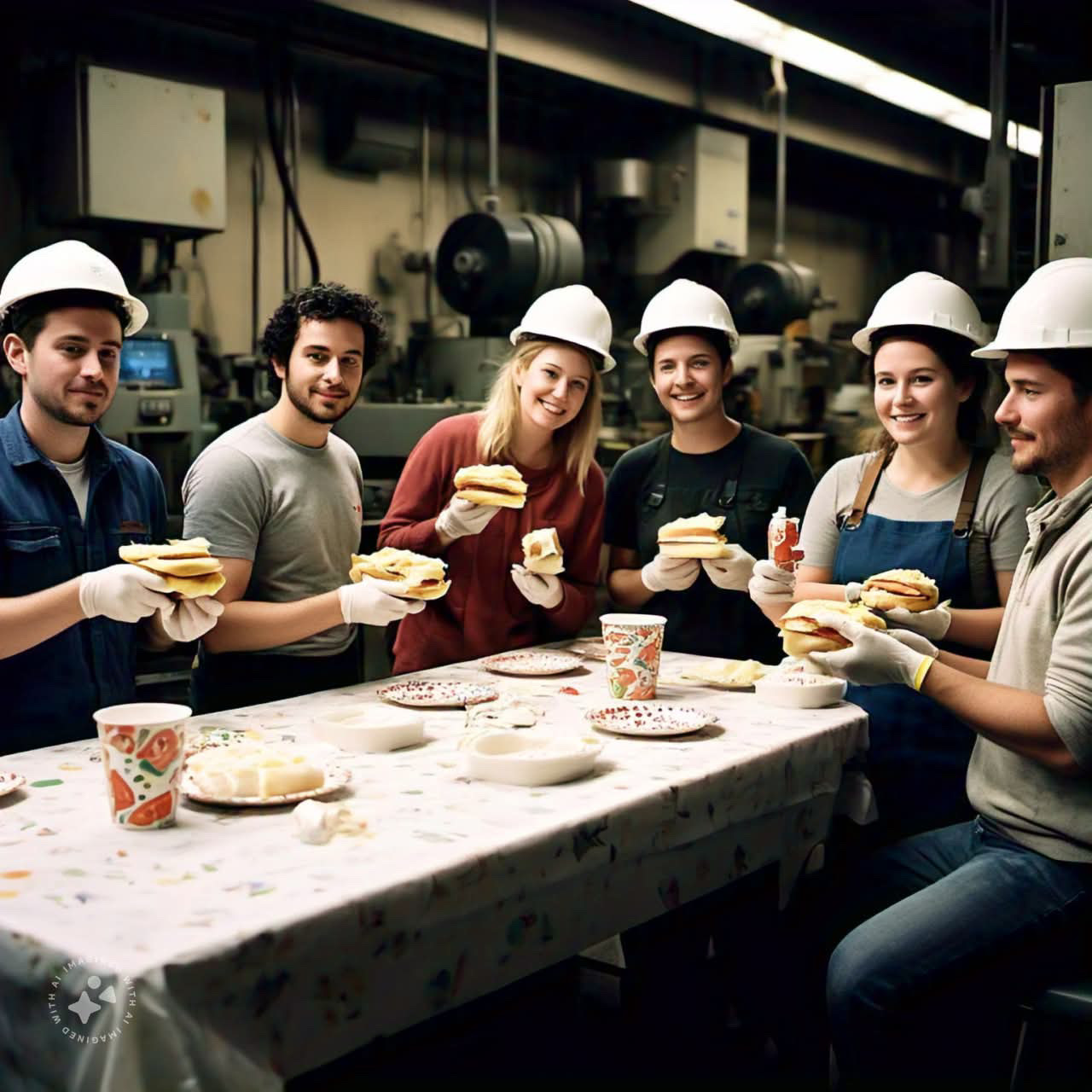When I was in Toastmasters, we had a saying: food rules. It meant that if you provided food at a meeting, you could count on good attendance. Fast forward to the corporate world, and the principle still holds true—food plays an essential role in workplace engagement and morale.
Think about it: Have you ever attended an all-day meeting? Keeping participants engaged for long periods can be challenging, but food helps. A well-timed snack or lunch break can reinvigorate the group and maintain focus. However, it’s essential to navigate corporate rules regarding food, especially in organizations working with government contracts. Some companies may face restrictions, so it’s crucial to know your policies.
Beyond meetings, companies should invest in spaces that promote convenience and comfort for employees. Having a well-equipped break area with coffee, tea, a refrigerator, and even ice can make a significant difference. These simple amenities support employees’ ability to prepare their meals, saving time and money while fostering a sense of care from the organization.
When it comes to meetings, should leaders provide meals? It depends on the context. Providing food is especially effective when your team is working hard on high-pressure tasks. For example, during my time working on the Atlas V rocket program, food was brought in regularly. The team was under immense pressure to meet deadlines, and having meals on-site allowed us to stay focused and productive.
For extended meetings lasting two or three days, providing meals makes sense. It keeps people engaged and eliminates the time wasted on leaving to find food. Food can either disrupt productivity or be the highlight that keeps everyone motivated and energized.
Food is not just about sustenance—it’s also about morale. Sharing meals fosters camaraderie and builds connections. From breaking bread to sharing holiday potlucks, food creates opportunities for informal conversations and strengthens workplace relationships.
However, there are caveats. Food should never be a substitute for meaningful rewards. Offering a pizza party instead of a raise or promotion can feel dismissive. While providing lunch or snacks can show appreciation, it should complement—not replace—formal recognition.
As a leader, your job is to use all the tools at your disposal to motivate your team, and food is a valuable tool. Use it strategically to boost morale and productivity, but never as a replacement for genuine rewards. Food rules—but only when used wisely.
